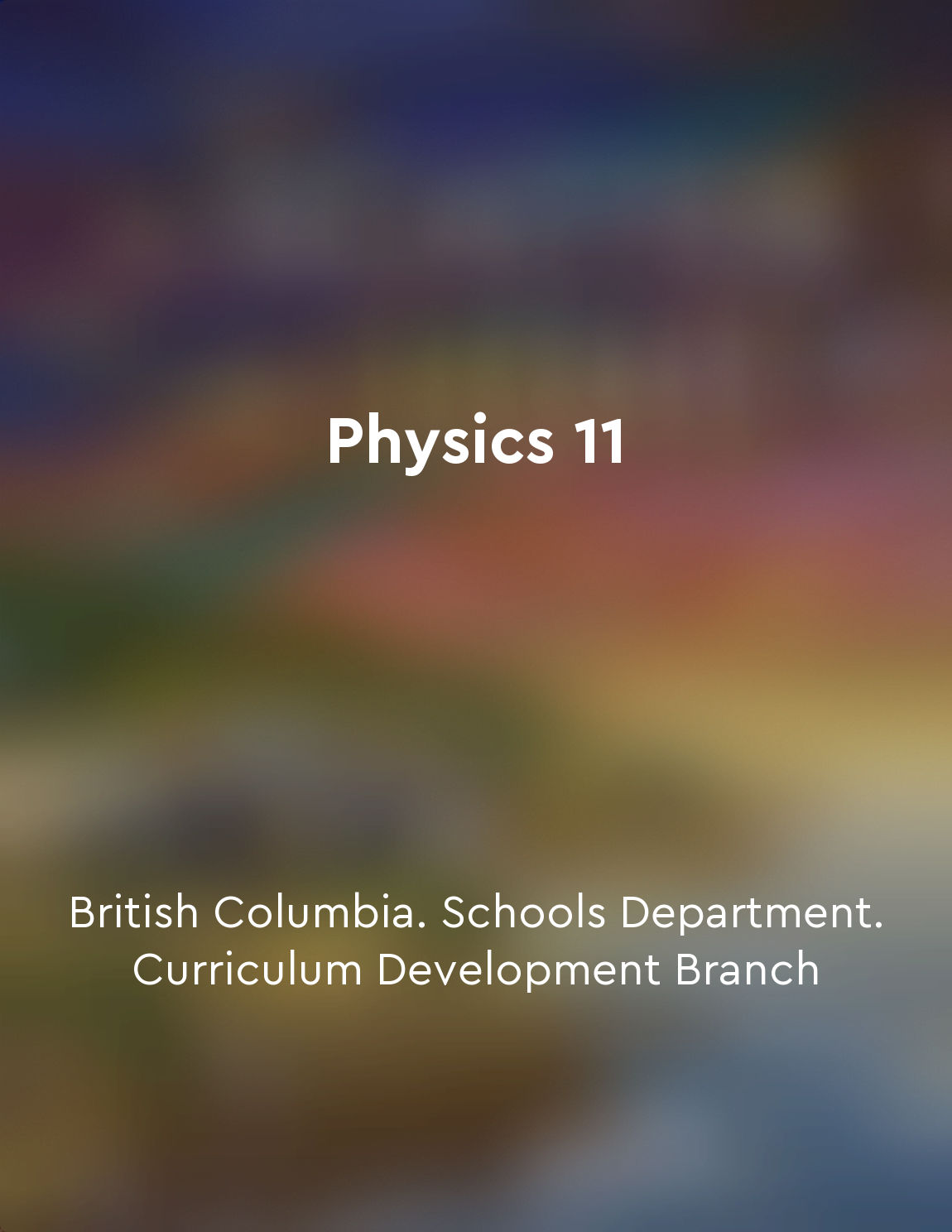Natural phenomena have scientific explanations from "summary" of Storm in a Teacup by Helen Czerski
Natural phenomena are the everyday occurrences that we often take for granted. From rainbows to thunderstorms, these events can seem mysterious and magical at first glance. However, the beauty of science lies in its ability to unravel the mysteries behind these natural phenomena. By applying the principles of physics, chemistry, and biology, scientists are able to explain the underlying mechanisms that govern the world around us. Take, for example, the formation of a rainbow. When sunlight passes through raindrops in the atmosphere, it is refracted and dispersed into its constituent colors. This phenomenon, known as dispersion, is a result of the different wavelengths of light bending at different angles. By understanding the properties of light and the behavior of raindrops, scientists can predict when and where a rainbow will appear in the sky. Similarly, thunderstorms can be explained through the principles of atmospheric science. As warm, moist air rises and cools, it condenses into water droplets, forming clouds. The rapid uplift of air creates an imbalance in electrical charge, leading to the formation of lightning. This spectacular display of electricity in the sky is a result of complex interactions between air masses, temperature gradients, and moisture levels.- No matter how awe-inspiring they may be, are not beyond the reach of scientific explanation. By observing, measuring, and analyzing the world around us, scientists can uncover the underlying laws and mechanisms that govern the universe. This process of discovery not only enhances our understanding of the natural world but also allows us to appreciate the beauty and complexity of the phenomena that surround us. In essence, science provides us with a lens through which we can view the world with clarity and wonder.
Similar Posts
Quantum mechanics underlies physical laws
At the heart of the universe lies a hidden order, a set of rules that govern everything from the smallest subatomic particles t...
Understanding atoms is essential for addressing global challenges like climate change and energy sustainability
In today's world, we are faced with pressing issues such as climate change and energy sustainability. These global challenges r...
Mars is known as the "Red Planet."
Mars, our neighboring planet, has captivated human imagination for centuries. One of the most striking features of Mars is its ...

The natural world is governed by laws that can be understood through observation and experimentation
The idea that the natural world operates according to discernible laws that can be uncovered through careful observation and co...
The quest for knowledge transcends national boundaries and unites us as a species
The yearning for knowledge is a fundamental aspect of the human experience. It is a drive that pushes us to explore the unknown...
Categories guide understanding in organizing knowledge
In order to understand how categories guide understanding in organizing knowledge, we must first recognize that our cognition i...

Electric charge is conserved in most interactions
When examining interactions involving electric charge, one fundamental principle stands out: the conservation of electric charg...

